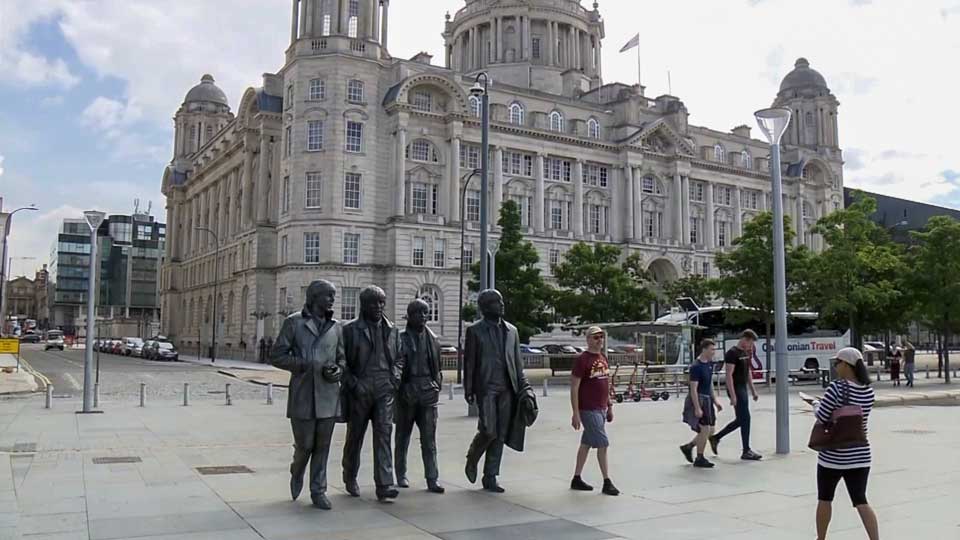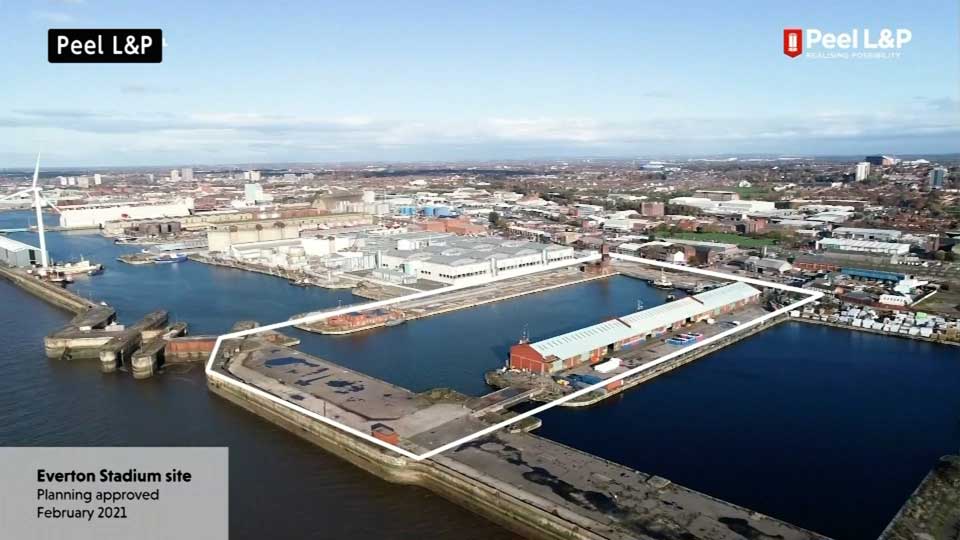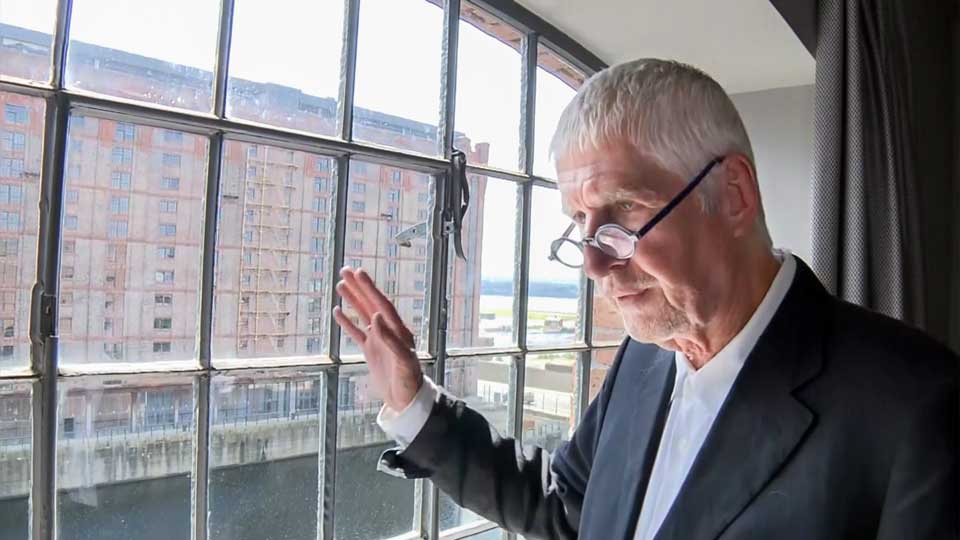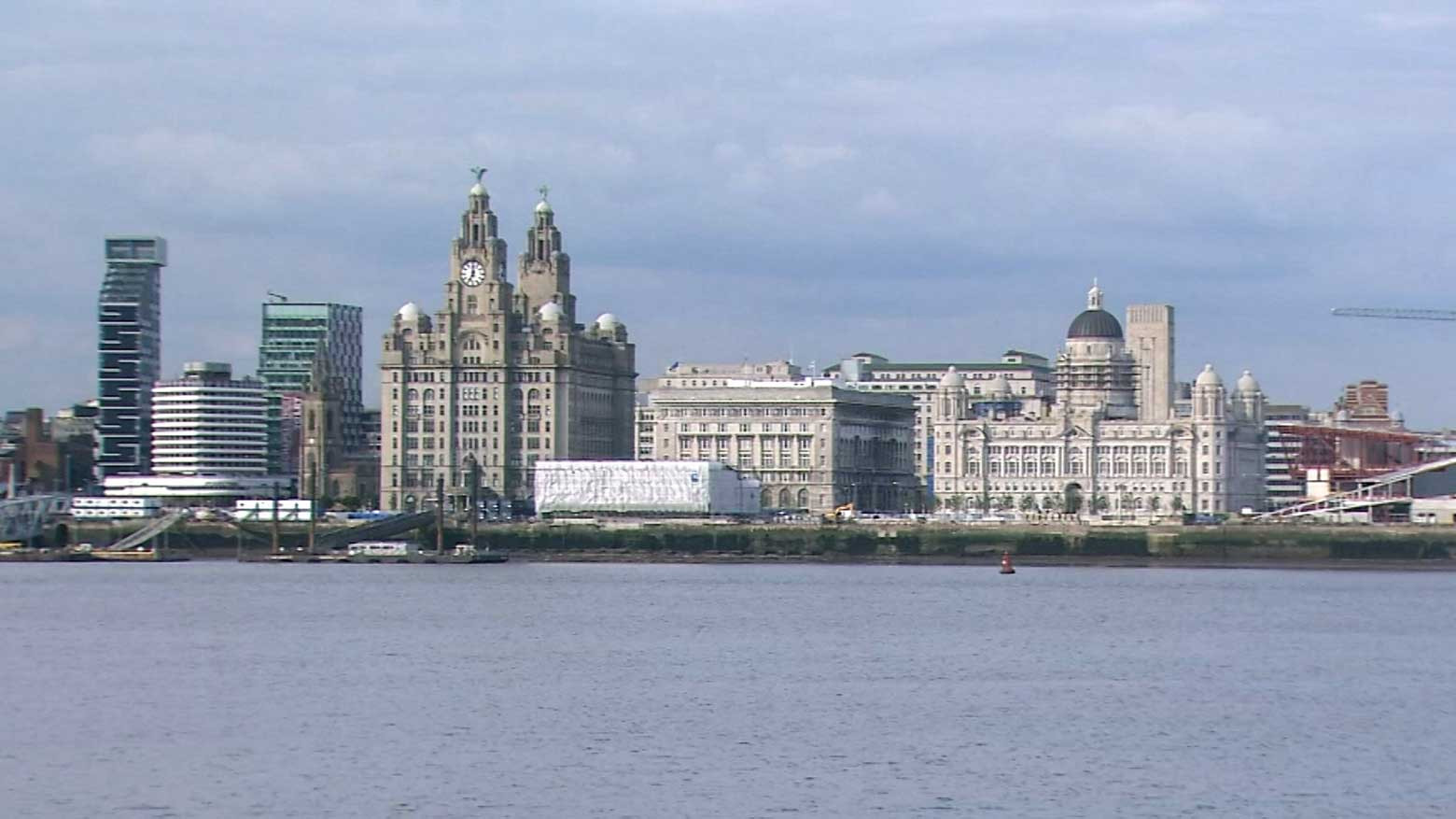Liverpool was awarded World Heritage status in 2004. UNESCO, which stands for the United Nations Educational, Scientific and Cultural Organization, said the city "was a pioneer in the development of modern dock technology, transport systems and port management, and building construction."

But just eight years later, the agency designated Liverpool's World Heritage status as "in danger". Liverpool Waters – a 60-hectare development proposal in the north docks – became a major sticking point. In response, the local council approved a scaled-back version.
In February this year, the city council approved a project to build a new stadium for Everton Football Club in the same area. For UNESCO, it was most likely the straw that broke the camel's back. The decision to delist Liverpool came just a few months later in July. A secret vote was held online and in China. UNESCO cited an "irreversible loss" to the city's historical value.

Local officials defiant
Officials in Liverpool struck a defiant tone. "It's quite difficult for me to comprehend how UNESCO would rather have us have an empty dock site rather than the Everton Stadium," said newly elected mayor Joanne Anderson. The local tourism board swiftly released a new promotional image titled, "No Labels Needed".
Professor Michael Parkinson, an expert on urban policy and a member of the Liverpool World Heritage Site Task Force, insists urban regeneration is a must. "This city, 35 years ago, collapsed economically," he says.

He describes the north docks as a "hugely important part of the city. It is where the empire was run from. It has great economic and social problems. Therefore, we need to fix this area and develop it. This is a real opportunity waiting to happen."
Many people appear indifferent
Many members of the public, meanwhile, shrugged their shoulders in response. Most people who spoke to NHK said World Heritage status did not matter. Some didn't even know about it in the first place. "We've still got Liverpool as a really thriving and busy city. And to me, it's much more important that the city continues to grow and develop", said one local man.
Henrietta Billings, the director of campaign group Save Britain's Heritage, believes Liverpool's past and future do not have to be mutually exclusive – albeit with a little more restraint. "Fifty-story tower buildings and infilling of docks is not the only way to regenerate that site," she says. "You can also have all of those economic benefits … with a lower-density, more sympathetic scheme."

UNESCO acknowledges the need for cities to build. In Liverpool's case, it set out criteria for developing historic areas. It also did not object to other recent projects on the waterfront, including the new Mann Island Buildings whose design and location received a mixed public response.
Expert questions planning laws
The collision course between Liverpool's past and future arguably stems from the term of previous mayor, Joe Anderson. Between 2012 and 2021, he harboured ambitions to grow the city into an economic and cultural powerhouse through urban regeneration and foreign investment. He even went so far as to dismiss World Heritage status as a "certificate on the wall".
As Professor Parkinson explains, "I also thought (Liverpool) hadn't promoted the World Heritage Site status as much as it could have done, and as much as other cities had done," he said.
Billings says planning laws and regulations ultimately lie with the British government, and that UNESCO's concerns highlighted weaknesses in the overall framework. "I don't think it's just a case of singling out Liverpool on this," she says.
The future of the UK's UNESCO sites
World Heritage status is certainly prestigious, but Professor Parkinson says there are lessons to be learned from Liverpool's case. "Think carefully before you apply… I don't know what real advantages it brings you. There are certain kinds of costs, and other cities must make up their minds."
Meanwhile, Stonehenge in south England could also lose its World Heritage status due to a proposal to build a tunnel nearby. Other countries will be watching to see what the British government decides to do – if anything.

